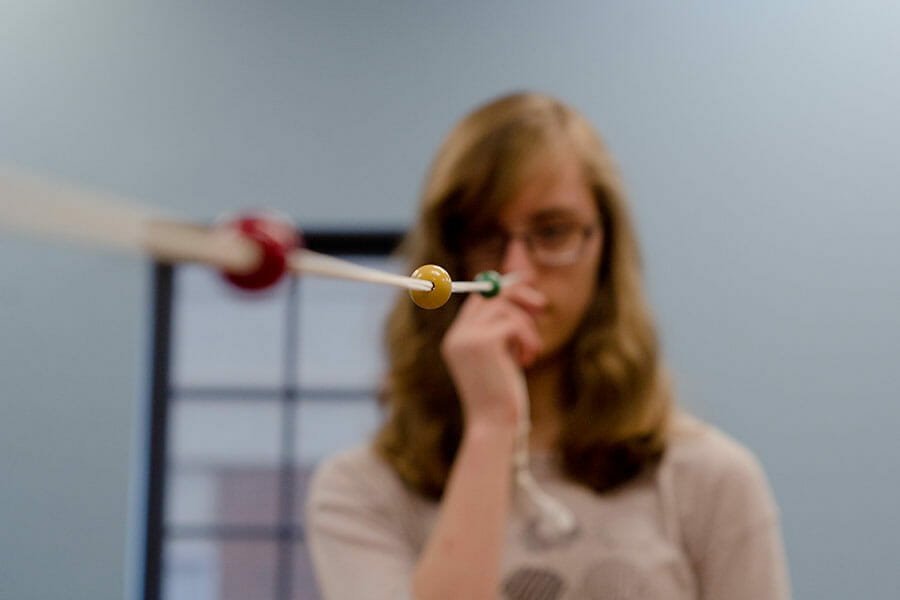What Happens During a Vision Therapy Eye Exam
In order to improve the way your child’s eyes respond both neurologically and visually, a functional eye exam will determine how their eyes work individually and together, how brain function impacts how and what you can see, and whether or not their eyes are appropriately aligned.
Functional Vision Exam
After reviewing your child’s overall health history, a series of individualized tests will be administered. These tests will assess anything from learning issues, to developmental delays, to sports needs, and brain function. It usually takes around an hour to thoroughly determine how well your child’s brain and eyes interact.
Prior to Your Child’s Eye Exam
A number of factors will be assessed prior to your child’s functional eye exam. Amongst them are color perception, eye tracking, binocular vision and integration, and how the eyes move during reading.
During The Eye Exam
As your child’s exam progresses, more visual skills will be evaluated. These range from visual acuity, eye alignment, and convergence and divergence of the eyes, to how flexibly the eye can focus, overall ocular health, and pupil reflexes.
After the Your Child’s Eye Exam
Upon evaluating your child's eyes and visual function, our optometrist will design a treatment plan to address any visual deficits that may be affecting their success. You will be informed of the skills that need to be addressed and how, together with our eye doctor and therapist, you can accomplish this.











